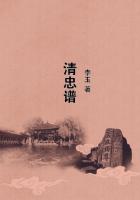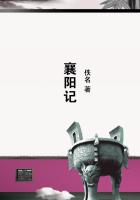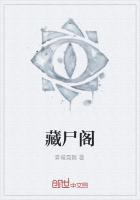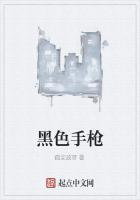1. Numa and Egeria
FROM THE FOREGOING survey of custom and legend we may infer that the sacred marriage of the powers both of vegetation and of water has been celebrated by many peoples for the sake of promoting the fertility of the earth, on which the life of animals and men ultimately depends, and that in such rites the part of the divine bridegroom or bride is often sustained by a man or woman.
The evidence may, therefore, lend some countenance to the conjecture that in the sacred grove at Nemi, where the powers of vegetation and of water manifested themselves in the fair forms of shady woods, tumbling cascades, and glassy lake, a marriage like that of our King and Queen of May was annually celebrated between the mortal King of the Wood and the immortal Queen of the Wood, Diana. In this connexion an important figure in the grove was the water-nymph Egeria, who was worshipped by pregnant women because she, like Diana, could grant them an easy delivery. From this it seems fairly safe to conclude that, like many other springs, the water of Egeria was credited with a power of facilitating conception as well as delivery. The votive offerings found on the spot, which clearly refer to the begetting of children, may possibly have been dedicated to Egeria rather than to Diana, or perhaps we should rather say that the water-nymph Egeria is only another form of the great nature-goddess Diana herself, the mistress of sounding rivers as well as of umbrageous woods, who had her home by the lake and her mirror in its calm waters, and whose Greek counterpart Artemis loved to haunt meres and springs.
The identification of Egeria with Diana is confirmed by a statement of Plutarch that Egeria was one of the oak-nymphs whom the Romans believed to preside over every green oak-grove; for, while Diana was a goddess of the woodlands in general, she appears to have been intimately associated with oaks in particular, especially at her sacred grove of Nemi. Perhaps, then, Egeria was the fairy of a spring that flowed from the roots of a sacred oak. Such a spring is said to have gushed from the foot of the great oak at Dodona, and from its murmurous flow the priestess drew oracles. Among the Greeks a draught of water from certain sacred springs or wells was supposed to confer prophetic powers. This would explain the more than mortal wisdom with which, according to tradition, Egeria inspired her royal husband or lover Numa. When we remember how very often in early society the king is held responsible for the fall of rain and the fruitfulness of the earth, it seems hardly rash to conjecture that in the legend of the nuptials of Numa and Egeria we have a reminiscence of a sacred marriage which the old Roman kings regularly contracted with a goddess of vegetation and water for the purpose of enabling him to discharge his divine or magical functions. In such a rite the part of the goddess might be played either by an image or a woman, and if by a woman, probably by the Queen. If there is any truth in this conjecture, we may suppose that the King and Queen of Rome masqueraded as god and goddess at their marriage, exactly as the King and Queen of Egypt appear to have done.
The legend of Numa and Egeria points to a sacred grove rather than to a house as the scene of the nuptial union, which, like the marriage of the King and Queen of May, or of the vine-god and the Queen of Athens, may have been annually celebrated as a charm to ensure the fertility not only of the earth but of man and beast. Now, according to some accounts, the scene of the marriage was no other than the sacred grove of Nemi, and on quite independent grounds we have been led to suppose that in that same grove the King of the Wood was wedded to Diana. The convergence of the two distinct lines of enquiry suggests that the legendary union of the Roman king with Egeria may have been a reflection or duplicate of the union of the King of the Wood with Egeria or her double Diana. This does not imply that the Roman kings ever served as Kings of the Wood in the Arician grove, but only that they may originally have been invested with a sacred character of the same general kind, and may have held office on similar terms. To be more explicit, it is possible that they reigned, not by right of birth, but in virtue of their supposed divinity as representatives or embodiments of a god, and that as such they mated with a goddess, and had to prove their fitness from time to time to discharge their divine functions by engaging in a severe bodily struggle, which may often have proved fatal to them, leaving the crown to their victorious adversary. Our knowledge of the Roman kingship is far too scanty to allow us to affirm any one of these propositions with confidence; but at least there are some scattered hints or indications of a similarity in all these respects between the priests of Nemi and the kings of Rome, or perhaps rather between their remote predecessors in the dark ages which preceded the dawn of legend.
2. The King as Jupiter















